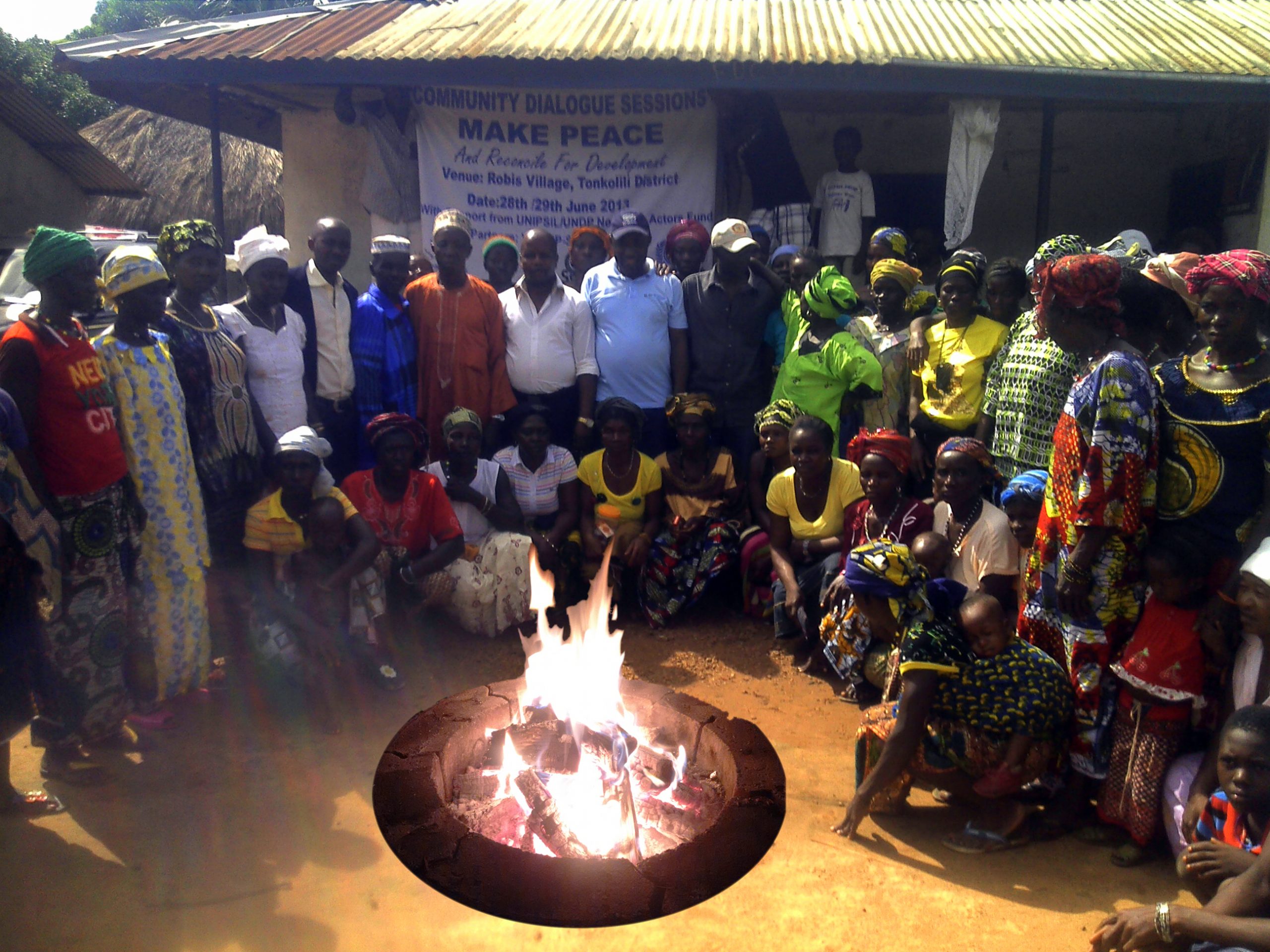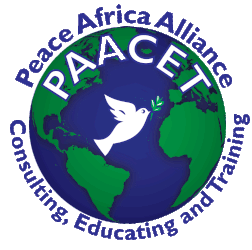About Us

PAACET HISTORICAL BACKGROUND
PAACET is proud to be a part of addressing the UN Sustainable Development Goals (SDGs). The SDGs are a set of global goals that were developed by the United Nations, in consultation with world leaders, international organizations and the general public to help confront the biggest issues affecting our world today. The Sustainable Development Goals are the blueprint to achieve a better and more sustainable future for all. They address the global challenges we face, including those related to poverty, inequality, climate, environmental degradation, prosperity, and peace and justice. The Goals interconnect and in order to leave no one behind, it ís important that we achieve each Goal and target by 2030. Learn more here
While many of the SDGs are inter-related, PAACET works both independently and collaboratively with other NGOs to address and promote SDG Goals #4, 5, 10, 11, 16 and 17. Please see our Projects Page for details. Projects
OUR PASSION FEEDS OUR PURPOSE!
Beneath the surface beauty of our lands, the world is a very troubled place. We have conflicts at all levels of society, in areas of our towns & cities, between our countries and within our countries. One has only to read the news of world events to hear all the negativities and problems.
What do we, as PAACET Directors, workers and supporters hope to contribute to a world so troubled? How will we make a substantial difference in a world where civil society organizations already exist at every level of society – environmental, human rights, children’s, women’s and youth groups, interfaith, arts & cultural, political associations, educational—the list is seemingly endless. Every aspect of life on earth is represented in our world-wide civil society organizations. And yet we believe we CAN make a difference with our own organization, Peace Africa Alliance Consulting, Educating & Training Centre (PAACET).
OUR PURPOSE GUIDES OUR DIRECTION!
PAACET founders learned the lessons of peaceful coexistence through their attendance at multi-culturally diverse peace universities where students from numerous countries, cultures, religions, and personalities converged. We have had the good fortune to experience first-hand both the challenges and the joys of learning to live in a global community. We were offered numerous opportunities to understand other cultures, to relate to those of other cultures, and to integrate the best of all cultures into our own lives.
We became strong supporters of indigenous methods of conflict transformation to overcome trauma, human rights abuses, and social justice concerns. Activating qualitative and transformative changes to the processes of post-conflict rebuilding by addressing the root causes of fear and discord can create marked changes to the outcomes in our societies. Joining forces with others of similar beliefs in integrating cultural strengths and knowledge can help us all to live a more peaceful life and build a better world for all. This is as true in African societies as it is in western societies today.
Indigenous methods of conflict transformation help people to realize that peace starts with the self. Training in traditional methods will help to build the competencies needed to functionally change the way we approach conflict, the way our children are taught and our youth interact to find solutions, the way problems are perceived as opportunities for growth of both the individuals and the community. Everyone has the opportunity to contribute to peace by being cognizant of their own actions, reactions, and the choices they make, while being supported in a caring community of elders, peers, and family members as we work toward solutions that meet everyone’s needs.
